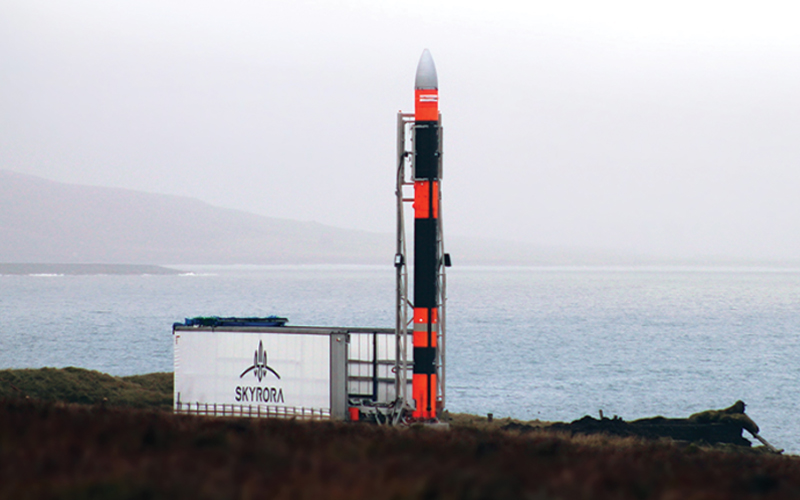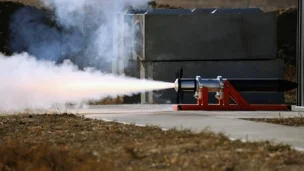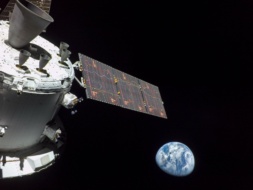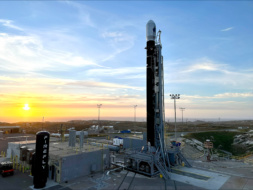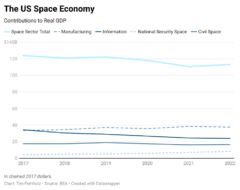Skyrora, a UK-based launch startup, is aiming to keep its supply chain close to home as it gears up for its first orbital launch tests.
The company signed an MoU with Spirit AeroSystems, a UK aerospace manufacturing company, to boost its domestic rocket design and manufacturing, the startup announced today. The collaboration will also grant Spirit the use of Skyprint 2, a large hybrid 3D printer that the company uses to make its additively manufactured engines.
“The collaboration will see us working closely together on design, manufacture, and testing in order to support Skyrora in both their suborbital and orbital launch ambitions,” said Nick Laird, managing director of space and defense at Spirit AeroSystems, in a video accompanying the announcement.
Skyrora 101: A leading player in the growing European launch startup world, Scotland’s Skyrora has raised €38M+ ($41.6M+) to support the development of its Skyrora XL orbital rocket and two suborbital rockets. The launcher is hoping to conduct the first vertical launch from UK soil.
Through this collaboration, the company will bring more of its manufacturing capability onto UK soil, a valuable proposition for potential government customers down the line.
“The opportunity to localize our supply chain for launch vehicle manufacturing through this collaboration with Spirit is incredibly important to us,” said Alan Thompson, head of government affairs at Skyrora. “It’s a strategic priority for us in a company.”
The upshot: Europe is dealing with a lapse in domestic launch capability with the retirement of the Ariane 5 rocket in July. Skyrora is one of a handful of European launch startups angling to fill that gap, a goal that ESA head Josef Aschbacher is making a priority.
“If Europe is to become once again a key participant in the new race to exploration, leading in several domains and ensuring enhanced strategic autonomy, then the time to decide and to act is now,” Aschbacher wrote in a blog post on the launcher crisis earlier this year.
